Publications
Articles, publications, books, tools and multimedia features from the U.S. Institute of Peace provide the latest news, analysis, research findings, practitioner guides and reports, all related to the conflict zones and issues that are at the center of the Institute’s work to prevent and reduce violent conflict.

Ce dont Haïti a besoin de la part des États-Unis et de la communauté internationale
Malgré les distractions évidentes provenant des crises dans d'autres coins du monde, le désastre qui s'aggrave en Haïti attire tardivement une attention internationale plus large. Les critiques de la politique américaine envers Haïti émergent de tous les coins du spectre politique, et il y a beaucoup à critiquer, notamment si l'on étend la période à l'expérience politique d'Haïti depuis la fin des dictatures Duvalier dans les années 1980. Mais ici et maintenant, ces évaluations minimisent les chances déjà minces des efforts de médiation gérés par la Communauté des Caraïbes (CARICOM), à partir desquels a émergé le Conseil présidentiel d'Haïti, une structure de gouvernance transitoire pour le pays.

What Haiti Needs from the U.S. and International Community
Despite obvious distractions from crises in other corners of the world, Haiti’s deepening disaster is belatedly drawing wider international attention. Critics of U.S. policy toward Haiti are emerging from all corners of the political spectrum — and there is much to be critical of, particularly if the timeframe is stretched to cover Haiti's political experience since the late 1980s and the transition from the Duvalier dictatorships. But in the here and now, these assessments short charge the admittedly tough odds of the most recent Caribbean Community- (CARICOM) managed mediation efforts from which has emerged Haiti’s Presidential Council, a transitional governance structure for the country.
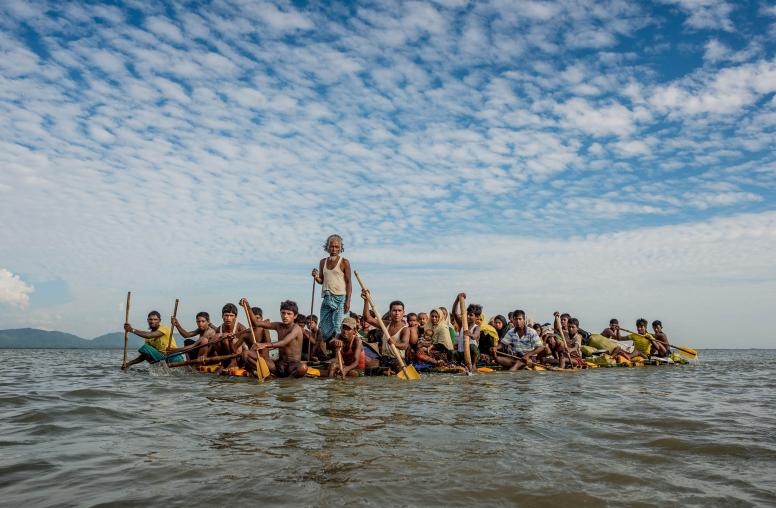
Rohingya Face Fresh Uncertainty in Myanmar
An uptick in the conflict between Myanmar’s military and an ethnic armed organization in western Rakhine State is raising new concerns about the fate of the Rohingya population. In 2017, over 800,000 Rohingya, a mostly Muslim community, fled to Bangladesh to escape genocide committed against them by members of Myanmar’s military in Rakhine State. Now, emboldened by the military’s increasing vulnerability in the face of an armed resistance, the Arakan Army has vowed to push aggressively to expand its territorial and administrative control across the state. But its leaders have been unclear about their plans to address the Rohingya issue.
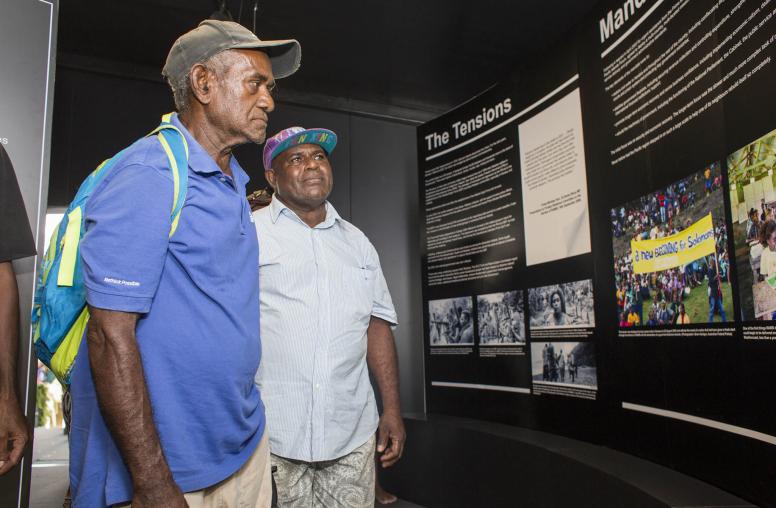
It’s Not Too Late for Solomon Islands’ Truth and Reconciliation Commission
Established in 2008, the Solomon Islands Truth and Reconciliation Commission (TRC) was tasked with investigating the country’s civil conflict that killed 200 people and displaced more than 20,000 others between 1998 and 2003. The commission was the first of its kind in the Pacific Islands region, and its proponents hoped it could heal people’s lasting trauma by addressing human rights violations, promoting national unity and fostering reconciliation.
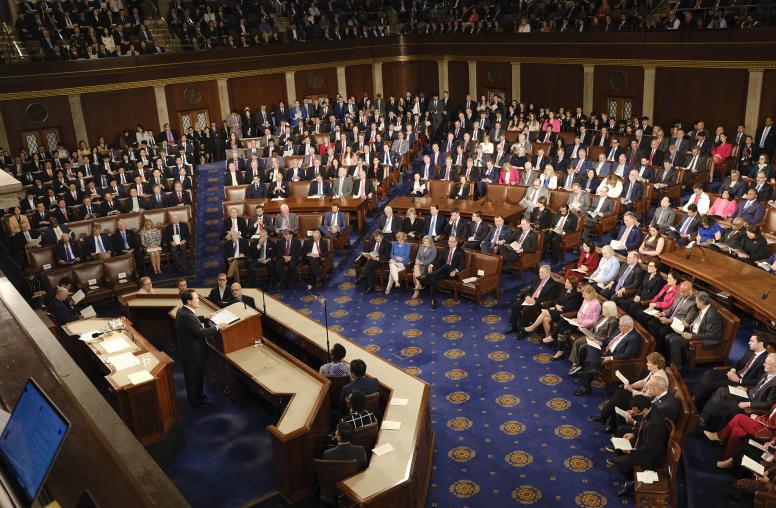
How Congress Can Help Improve Relations with North Korea
Although the Constitution authorizes the president and the executive branch to lead foreign affairs, it also vests the legislative branch with responsibilities that impact the conduct of diplomacy and statecraft. These include the ability to “declare war,” “raise and support armies,” “regulate commerce with foreign nations” and approve treaties and diplomat appointments, as well as general oversight functions and power to appropriate money from the Treasury.
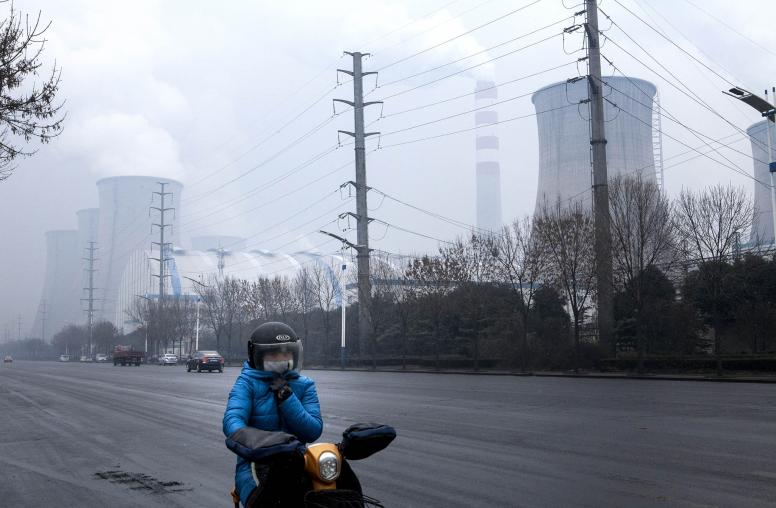
International action on climate change is failing. How can it be strengthened?
After a record-breaking 2023, consolidated climate change science clearly shows that the earth’s temperature over the last 12 months was more than to 1.6oC above the pre-industrial average. This makes the most ambitious temperature goal of the Paris Agreement — holding the increase in global temperature below 2°C above pre-industrial levels — no longer scientifically feasible. Most estimates suggest that the increase will be 2.9oC or more by 2100. Meanwhile, international action under the Paris Agreement is faltering. “We are on a highway to climate hell with our foot still on the accelerator,” U.N. Secretary-General António Guterres said two years ago.

To Help Stabilize West Africa, Bolster a Key Partner: Nigeria
Continued violence in West Africa is sharpening America’s critical challenge to reduce extremism and violence, particularly in the Sahel. Violent deaths in three western Sahel nations surged by 38% last year and Niger’s coup has complicated the U.S. military role in the region. The violence is likely to spread further this year into coastal West Africa, a region five times more populous, with commensurately greater security implications for Africa, the United States and the world. A vital partner in stabilizing both regions is Nigeria, and U.S. institutions should consider several priorities for helping it do so.
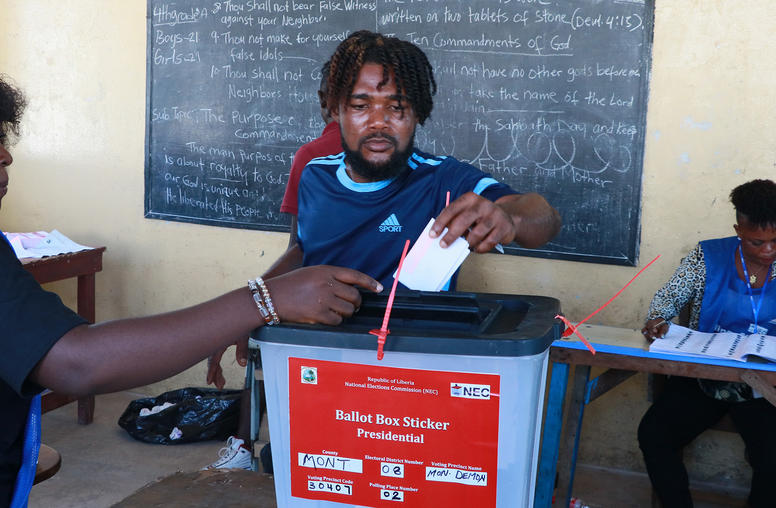
Liberia Shows a Path Toward Democracy in West Africa
Liberia’s presidential inauguration last week, a peaceful transfer of power between opposed political parties, strengthens its postwar democracy — an achievement that we should highlight as an instructive counterpoint to West Africa’s military coups and other erosions of democracy. While 5 million Liberians confront crises including poverty, corruption and poor infrastructure, their progress in stabilizing from decades of war offers lessons for us all. Liberians’ vital strengths in this peaceful transfer include strong political will, reflected in record voter turnout, and a potent civic history of nonviolent movements for change, buttressed by U.S. support in countering corruption.
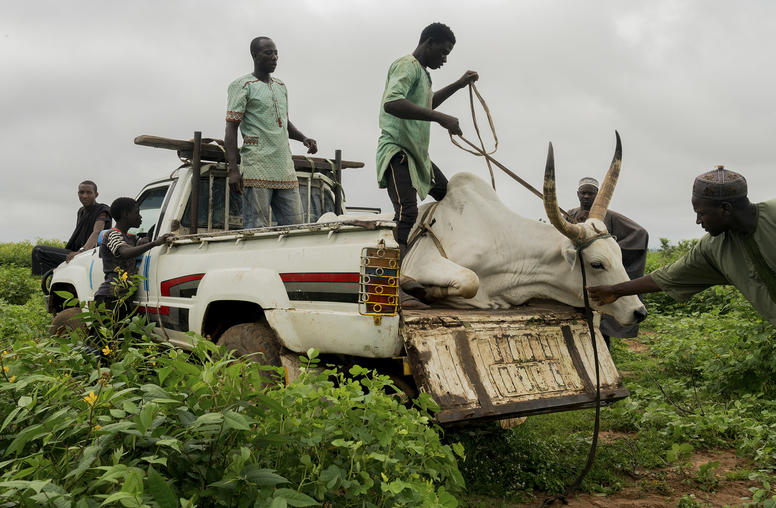
Amid Nigeria’s Violence, a Local Peace Process Advances
Next week opens a high-stakes season of risk for Africa’s demographic giant, Nigeria: the one-year countdown to a presidential election to be held amid the upheavals that have killed or displaced hundreds of thousands of people over the past decade. Nigeria’s escalated regional and local conflicts risk fueling a similar escalation in the country’s pattern of election-related violence. But hope for reducing this combined risk is visible in the work of still-young peacebuilding agencies established by several of Nigeria’s state governments. In one region, these agencies have achieved a peace accord to halt a communal conflict that burned down villages and uprooted thousands of people.

For Sahel Stability, U.S. Needs Broader, Coordinated Policy
As military coups and violent insurgencies have spread across Africa’s Sahel over the past decade, U.S. policy has professed to recognize and address their interconnections across the region, notably through the Trans-Sahara Counterterrorism Partnership. Yet this effort remains insufficient to meet the scale and complexity of the violence and the underlying failures of governance.